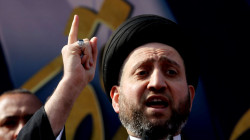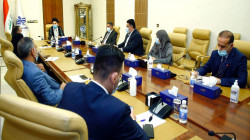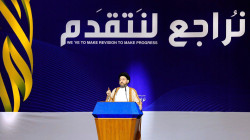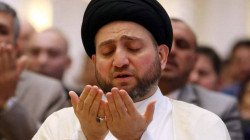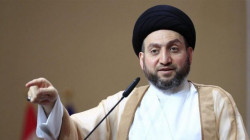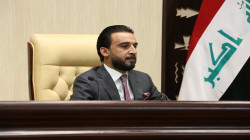Shiite Coordination Framework reject the results of the elections, to discuss the issue in a meeting
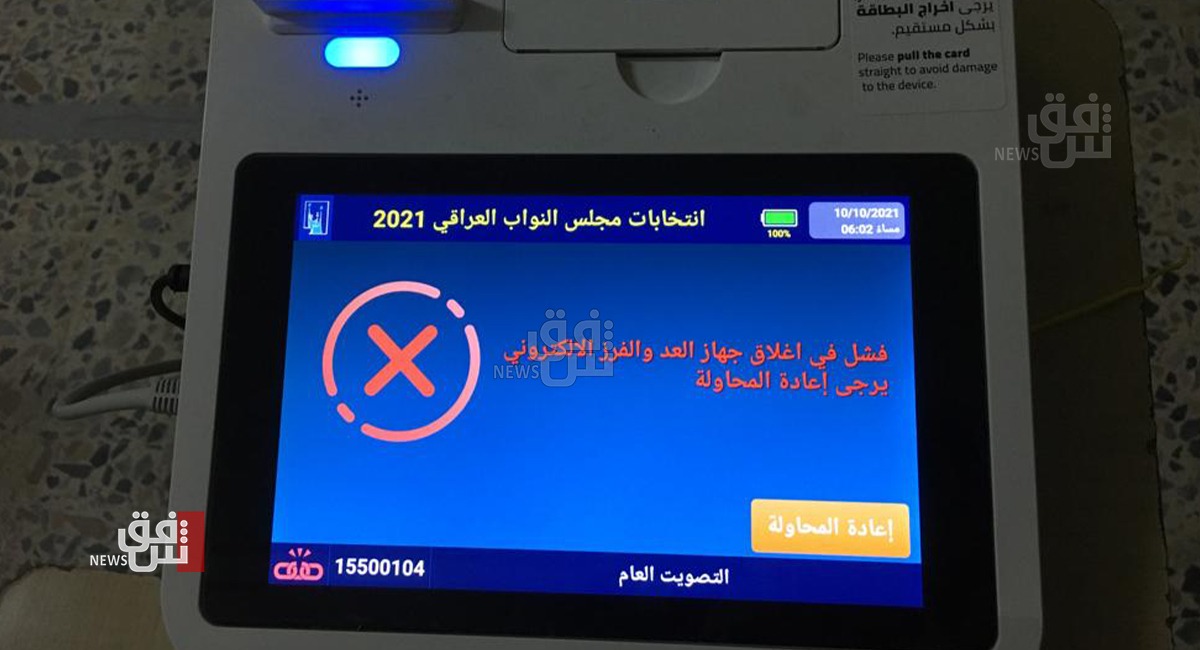
The sources told Shafaq News Agency, “The Framework will hold a meeting at the home of the leader of the Wisdom Movement Ammar al-Hakim in Baghdad within the next 48 hours.”
They added that the State of Law Coalition led by Nuri al-Maliki (involved in the framework) sent a representative to the Sadrists to enter into a strategic alliance to form the next government in exchange for preserving their electoral gains."
The Coordination Framework that includes the majority of the prominent Shiite forces except the Sadrist movement expressed, on Tuesday, its rejection of the final results of the early parliamentary elections.
The Framework said in a statement, "We reject the results of the current elections, as it has become clear that the Electoral Commission has prepared the election results in advance at the expense of the will of the Iraqi people."
He pointed out, "the Electoral Commission and the Judicial Authority did not deal seriously with the appeal file and in accordance with the applicable legal contexts," adding that "the voting procedures have confirmed suspicions in many files, such as invalid votes, canceling stations and identical fingerprints, as well as the observations of local and international observers."
The Framework concluded, "We renew our firm position based on evidence and documents that there is major manipulation in the poll results.”
Earlier, a source in the Independent High Electoral Commission in Iraq revealed, on Tuesday, that five candidates won in the House of Representatives, according to the results issued by the judiciary after recounting the votes manually in several polling stations.
The source told Shafaq News Agency, "There are five candidates who won based on the appeals submitted by them."
He indicated that the winners belong to the parties as follows: "a candidate for the Azm Coalition, two candidates for the Al-Fateh Alliance and two candidates for the Patriotic Union of Kurdistan.
Earlier, IHEC released final results on Tuesday from last month's general election, confirming populist Shiite cleric Moqtada al-Sadr's movement's victory as the biggest bloc, with 73 seats in the fractious 329-seat house.
The Takadum Party, which draws support from minority Sunni Muslims, won 37 seats. Former Prime Minister Nouri al-Maliki's State of Law group won 33 seats, and the Kurdistan Democratic Party (KDP) secured 31, according to the results cited by state media.
The results were broadly in line with preliminary figures released days after the Oct. 10 election and unlikely to alter calculations much as politicians negotiate on the makeup of a new government. Pro-Iran groups who performed poorly have refused to accept the results.
The commission said that turnout reached 44%, revised up from the 43% preliminary figure but still lower than in the last election in 2018.
The commission said that more than 9.6 million people cast their ballots in the Oct. 10 vote, where at least 167 parties and more than 3,200 candidates competed for the parliament's 329 seats.
For its part, The Kurdistan Democratic Party (KDP) commented on the new results saying that "two seats were illegally taken from the party."
Mahmoud Muhammad, KDP's spokesperson, said that the final results of the Iraqi parliamentary elections represent clearly that "two seats were deprived for two of the Kurdistan Democratic Party candidates in the governorates of Erbil and Nineveh."
He added, "We will announce the position of Party about this illegal act after holding the meeting of the political bureau."
